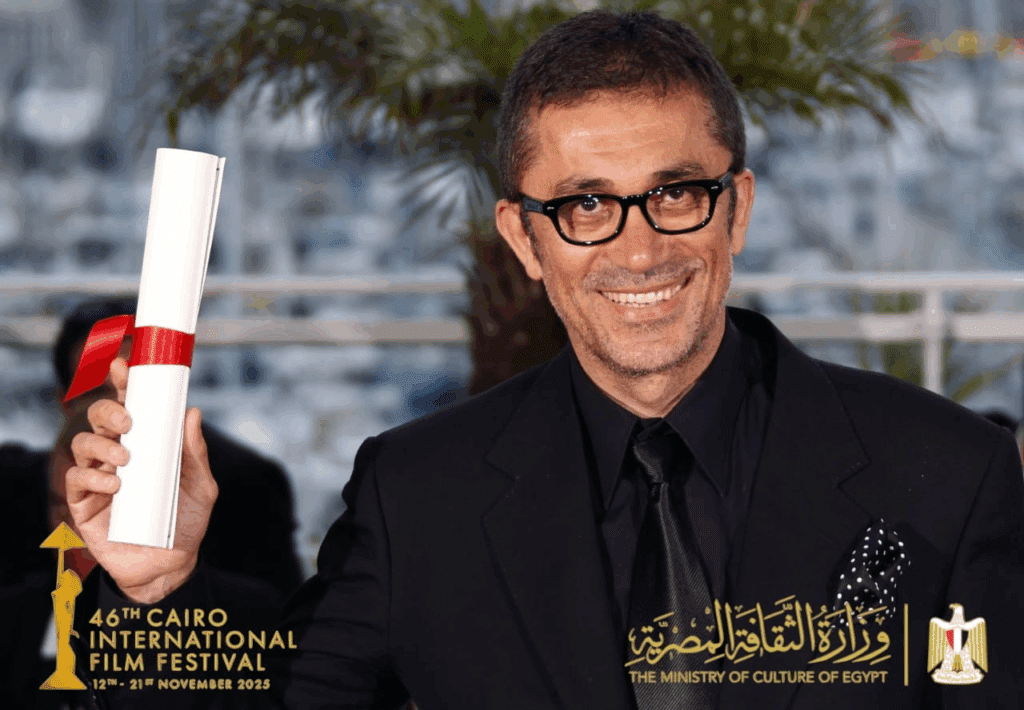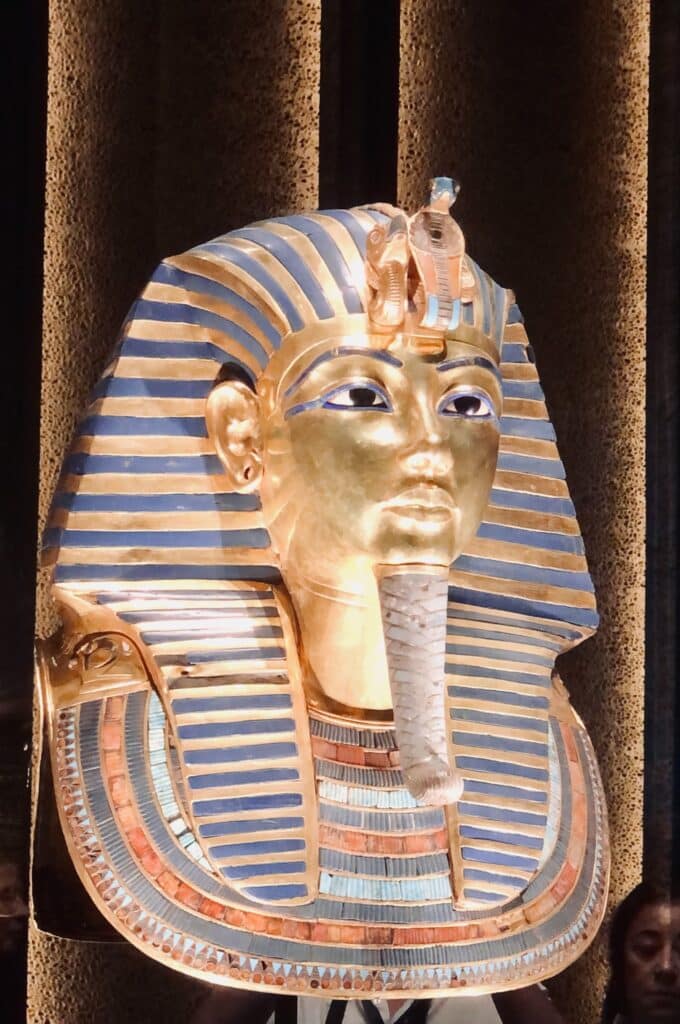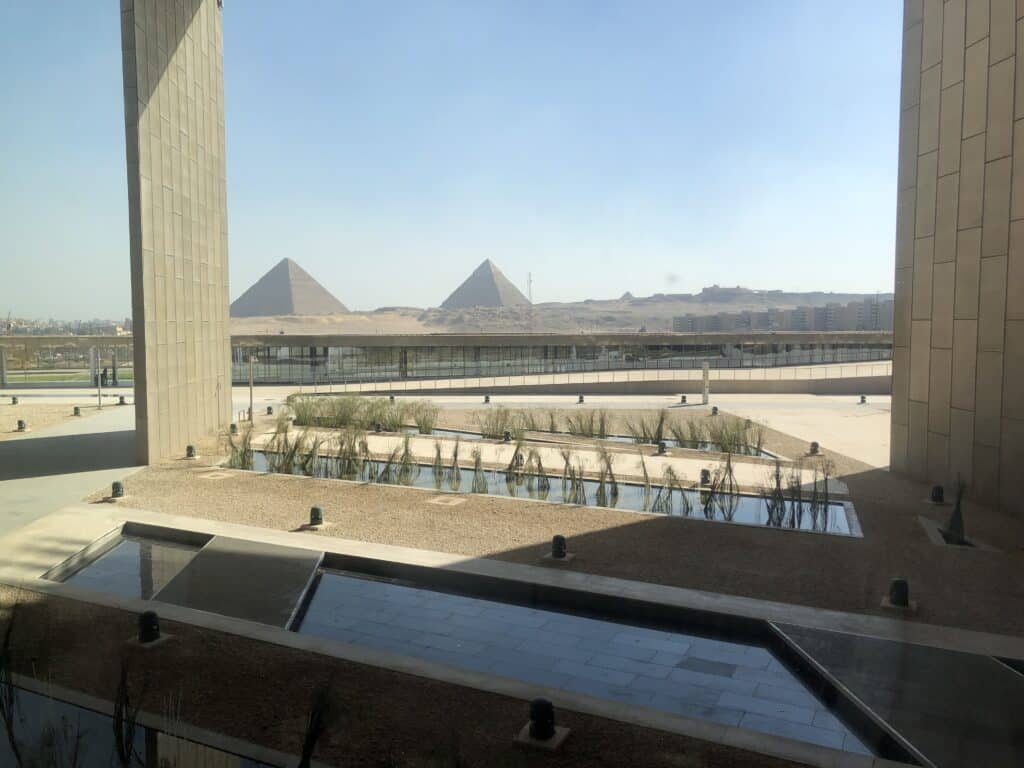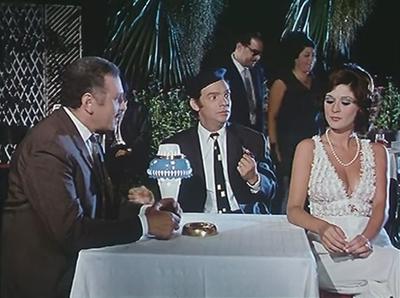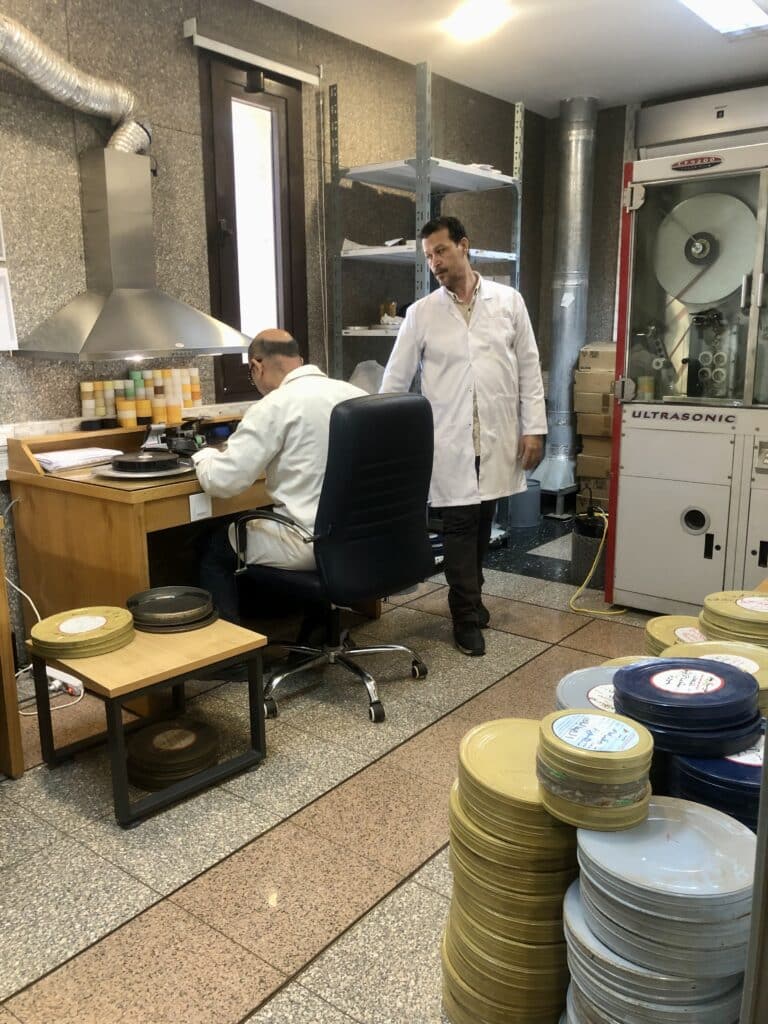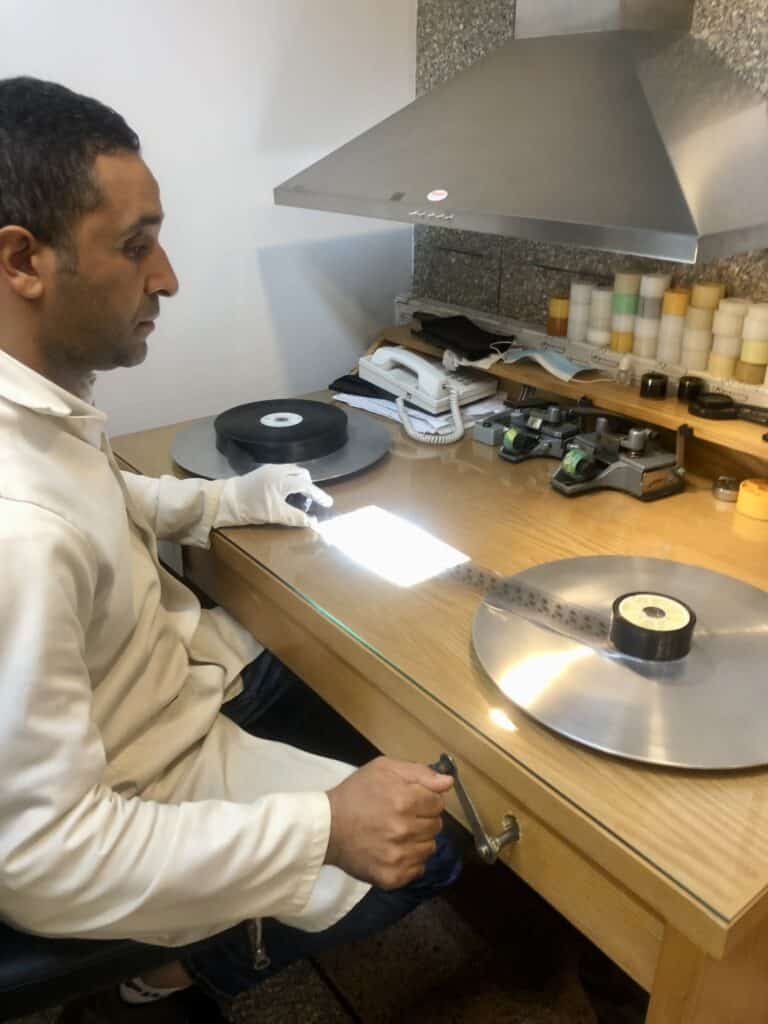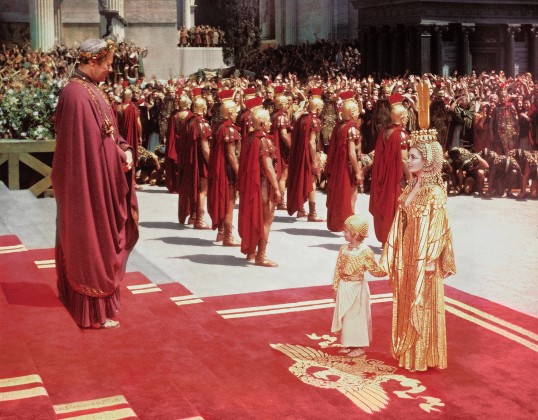Cairo International Film Festival is internationally accredited as the oldest and only continuously running film festival in the Arab world, Africa, and the Middle East. Taking place from 13th November to 22nd November the 45th edition is led by its President Hussein Fahmy and his director Essam Zakaria.
This year’s celebration will include 194 films from 72 countries around the world and will open with the World Premiere of Passing Dreams (in competition) directed by Palestine’s Rashid Masharawi and starring Ashraf Barhom, Emilia Masson and Adel Abu Ayyash who plays a young boy pursuing an elusive carrier pigeon across Palestine believing it will return home.
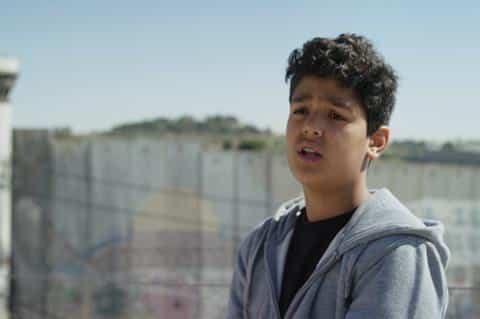
Passing Dreams (2024) courtesy of Cairo International Film Festival
The Golden Pyramid Award – International Competition 2024
An international jury headed by Danis Tanović will decide on the winning film in this competition strand. Helping him are Ahmed Hafez (Editor, Egypt), Andrea Pallaoro (Director, Italy), Ángela Molina (Actress, Spain); Aisha Ben Ahmed (Actress, Tunisia); Anocha Suwichakornpong (Director, Thailand); Sylvie Pialat (Producer, France).
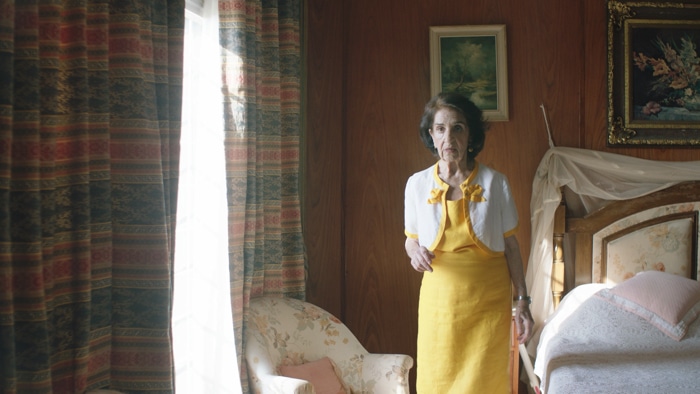
Moondove (2024)
INTERNATIONAL COMPETITION
Competition hopefuls include this year’s top titles: Julie Delpy’s Meet the Barbarians (2024); Golden Globe nominated Memoir of a Snail, an enchanting anime with intergenerational appeal. There’s also another chance to see Constance Tsang’s Cannes 2024 awarded drama Blue Sun Palace.
Premieres include Necmi Sancak’s Ayse (2024), a family drama set against the changing face of Istanbul; 4 O’Clock Flowers, the feature debut from Egyptian fimmaker Khedija Lemkecher; and Moondove written, directed and produced in 2024 by award-winning filmmaker Karim Kassem.
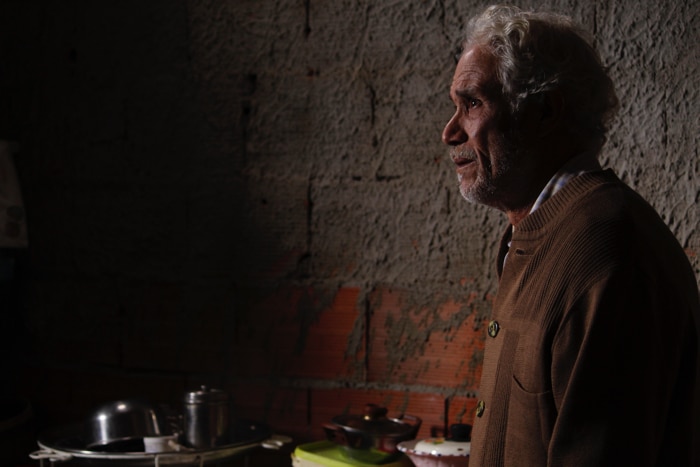
4 O’Clock Flowers (2024) courtesy of Cairo International Film Festival
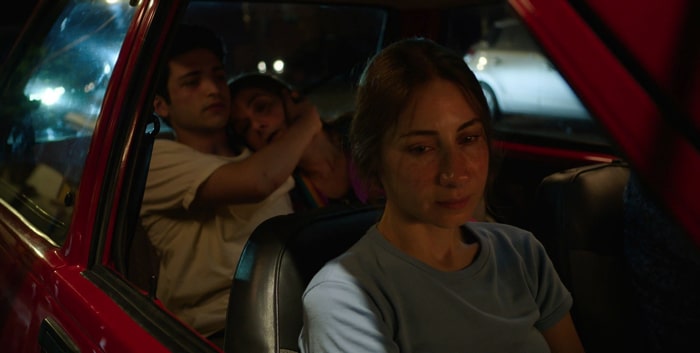
Arze (2024)
HORIZONS OF ARAB CINEMA
The latest Palestinian feature documentaries will compete in this section that includes the Best Palestinian film award.
Amongst the titles Carol Mansour and Muna Khalidi’s A State Of Passion: Ghassan Abu Sittah, raises the profile of British-Palestinian reconstructive surgeon, Ghassan Abu Sittah, who worked tirelessly around the clock for over a month in the casualty department of Gaza’s Al Shifa and Al Ahli hospitals.
Mahmoud Nabil Ahmed’s Gazan Tales, centres on the lives of four men in the Gaza Strip and Maxime Lindon’s Holidays In Palestine follows 30 year old Shadi, an activist who leaves France to return to his village in Palestine.
Other films in this selection include Diaries from Lebanon (2024) a Berlinale-winning documentary looking at the tragedy unfolding in and around present day Beirut; and Mira Shaib’s feature debut Arze (2024) a family drama that sees a single mother and son struggling to survive in the city after they lose their source of revenue: a scooter.
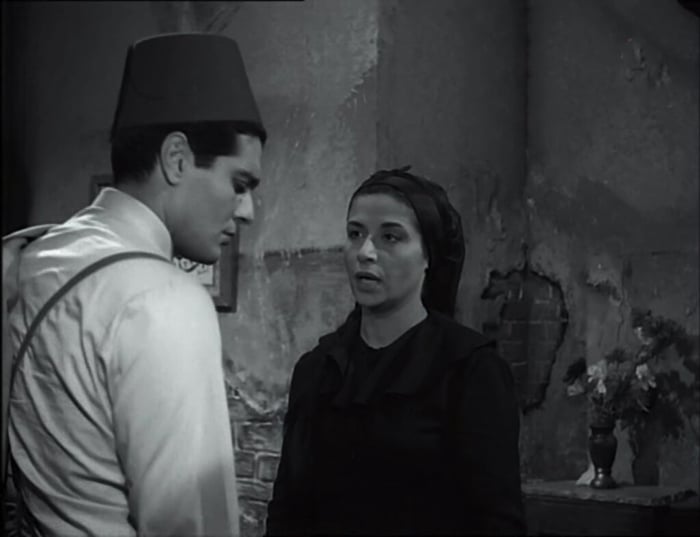
The Second Wife (1967)
CAIRO CLASSICS
Celebrates a selection of international cult classics included renowned director Salah Abouseif’s timeless masterpiece of Egyptian cinema The Second Wife, (1967) – a microcosm of Egyptian country life is reflected through the story of a corrupt mayor who controls the village. Stars Suad Hosny, Salah Mansour and Shukri Sarhan.
CAIRO FILM FESTIVAL | TRIBUTES 2024
THE GOLDEN PYRAMID – HONORARY TRIBUTE
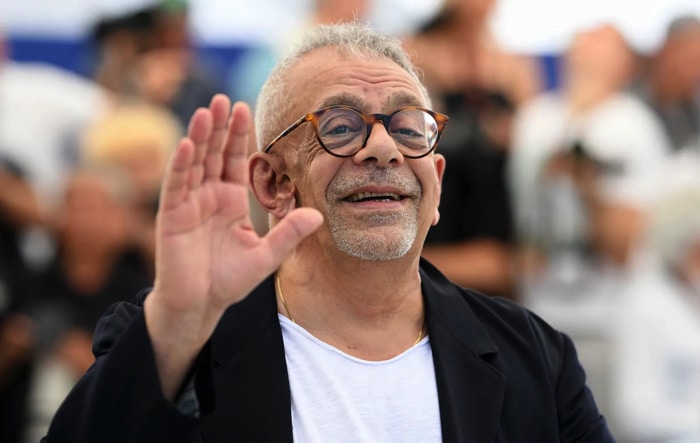
Yousri Nasrallah – Director and Writer, Egypt
In a film career spanning over four decades, Nasrallah began as a film critic for the Lebanese newspaper Al-Safir. In 1982 he was an assistant to filmmaker Youssef Chahine in the film An Egyptian Story, followed by Goodbye Bonaparte, for which he co-wrote the screenplay. He soon became one of the leading protagonists of the auteur cinema movement with dramas such as the epic love story Bab el Shams (2004/5). Nasrallah is the first Egyptian filmmaker to chair the short film jury at the Cannes Film Festival. Other collaborations include working with German director Volker Schlöndorff and Syrian director Omar Amiralay.
FATEN HAMAMA – EXCELLENCE AWARD
Danis Tanović – Film director, producer, screenwriter – Bosnia & Herzegovina
The Bosnian film director, producer and screenwriter studied piano at the Sarajevo Music Academy before enrolling at the Academy of Performing Arts in Sarajevo. However, in 1992, the siege of the city forced him to stop studying and instead to turn his talents to documentary films, which he continued in Belgium after a spell at the Institut Supérieur des Arts in the Belgian capital.
Tanovic went on to write and direct the 2001 Bosnian feature No Man’s Land, which won the Oscar for Best Foreign Film, the European Film Academy Award for Best Screenplay, the César for the Best First Feature film, and a the Golden Globe for Best Foreign Language Film amongst others. His filmography also includes Iron Picker (2013), Tigers (2014), Death in Sarajevo (2016), which was awarded the Silver Bear at the 66th Berlin International Film Festival. He is the only director from Bosnia and Herzegovina to win an Oscar.
FATEN HAMAMA – EXCELLENCE AWARD
Ahmed Ezz – Actor – Egypt
After studying English at Ain Shams University. Ezz embarked on a film career gaining international recognition with his breakthrough in A Teenager’s Diary directed by Inas El-Degheidy in 2001. Roles in blockbuster films include Private Alexandria (2005), The Hostage in 2006, and Transit Prisoner in 2008, all directed by Sandra Nashaat. Other performances include the big budget war film The Passage about the Arab-Israeli War of Attrition, his first collaboration with the great director Sherif Arafa. The two worked together for a second time in The crime (2022), and in the same year, he presented the film Kira And Jinn with director Marwan Hamed in their first collaboration.
Cairo Film Connection (CFC) also takes place during the festival (17-20 Nov). The 10th Edition comprises a series of eighteen projects in their development stage. The selected works include six from Egypt, two each from Tunisia, Iraq, and Lebanon, and one each from Kuwait, Sudan, Saudi Arabia, Jordan, Morocco, and Algeria.
CAIRO INTERNATIONAL FILM FESTIVAL | 13 – 22 NOVEMBER 2024

